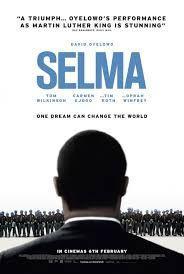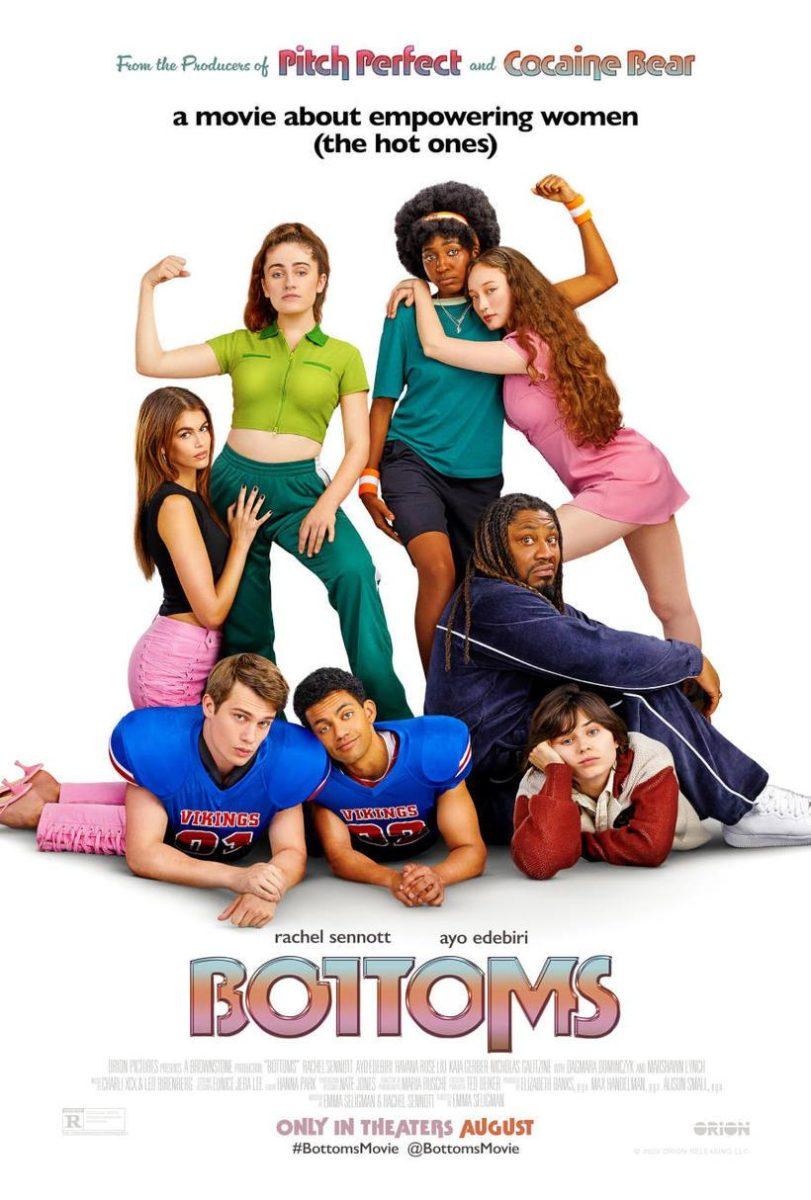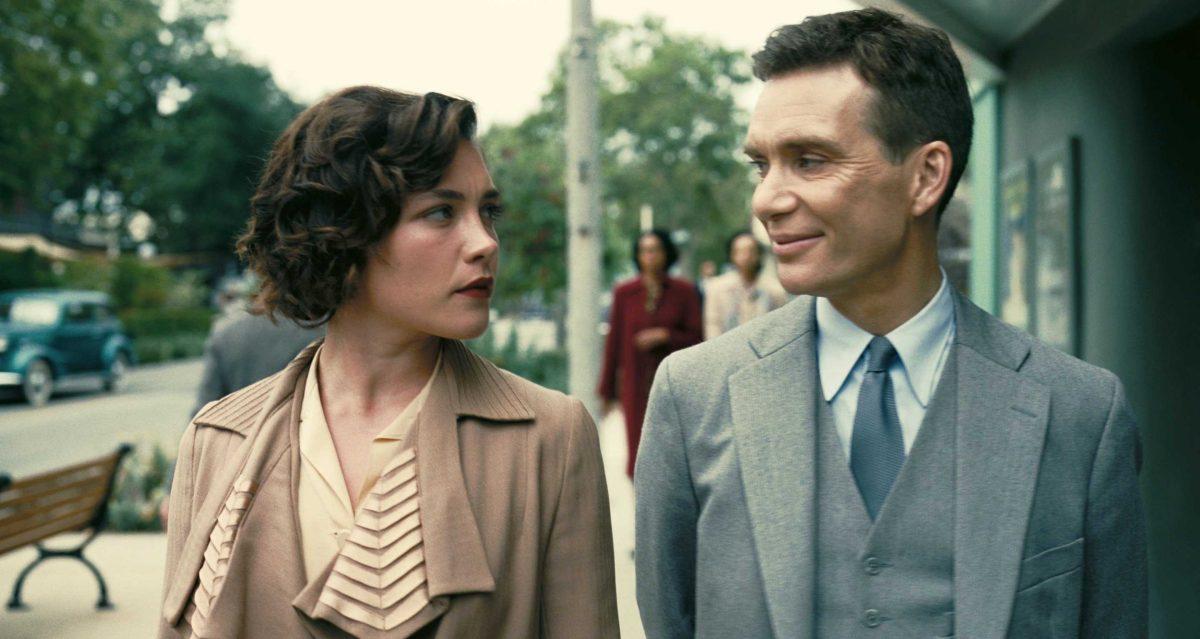Like the man whose life it draws its material from, “Selma” soars, primarily thanks to its stellar cast and directing, and the joyride doesn’t let up until the credits roll.
Ava DuVernay’s grandiose biopic, the first real attempt at profiling the late great Dr. Martin Luther King, Jr.’s life since the 1978 three-part miniseries “King,” wich starred Paul Winfield. It derives its flighty brilliance from its modesty rather than spectacle. Rather than being an overly ambitious, flashback-heavy drollfest, much like the unsuccessful “Unbroken,” “Selma” instead elects to choose a single event that serves to best represent the big picture.
David Oyelowo is spectacular is his first mainstream film role, embodying King with an unexpected tenacity, given his outward demeanor. Each line Oyelowo delivers is full of both outward intention and underlying meaning, as he plays the powerful yet passive King to an absolute tee. He inspires the people with vigor and flourish, rallying them to a greater good in ways that a lesser man could not.
King is depicted as a man as flawed as he is inspiring. He isn’t perfect but is tasked with an enormous burden. King knows what must be done and he’s willing to do exactly what’s necessary to get there.
Tom Wilkinson and Tim Roth are spectacular as the conflicted President Lyndon B. Johnson and racist Alabama Gov. George Wallace, respectively. And King’s damaged relationship with his wife, Coretta Scott King, is played out wondrously between Oyelowo and the wonderfully talented British actress Carmen Ejogo.
The Selma-to-Montgomery March is, of course, the focus of the film, but the opening act is shrewdly spent as a set-up to what in many ways is considered the triumph of King’s varied life. Characters blossom, story elements boldly reveal themselves, and the film presents its various parts in a way that is both hard-hitting and delicate.
What makes the movie so good is the delicate balance between external and internal conflicts. Although the march was aimed at the ultimate desegregation of the South and the dissolution of the numerous Jim Crow laws that contributed to voting inequality, much of the film is dedicated to what was a major part of the civil rights movement — the conflict within the movement and between the separate leaders.
One of the film’s best moments is a heated, agitative confrontation between Oyelowo’s King and Nigel Thatch’s Malcolm X, a wondrous little microcosm of the delicate relationships within both the movement and the film.
”Selma” is equal parts history lesson and fairy tale, with a deeply talented pool of actors and a screenplay that refuses to be outdone. DuVernay is clearly a force to be reckoned with, and it is her and Oyelowo’s masterful relationship that makes this Oscar contender work.
REVIEW: ‘Selma’
By Logan Keen
January 14, 2015

Selma poster art
More to Discover










